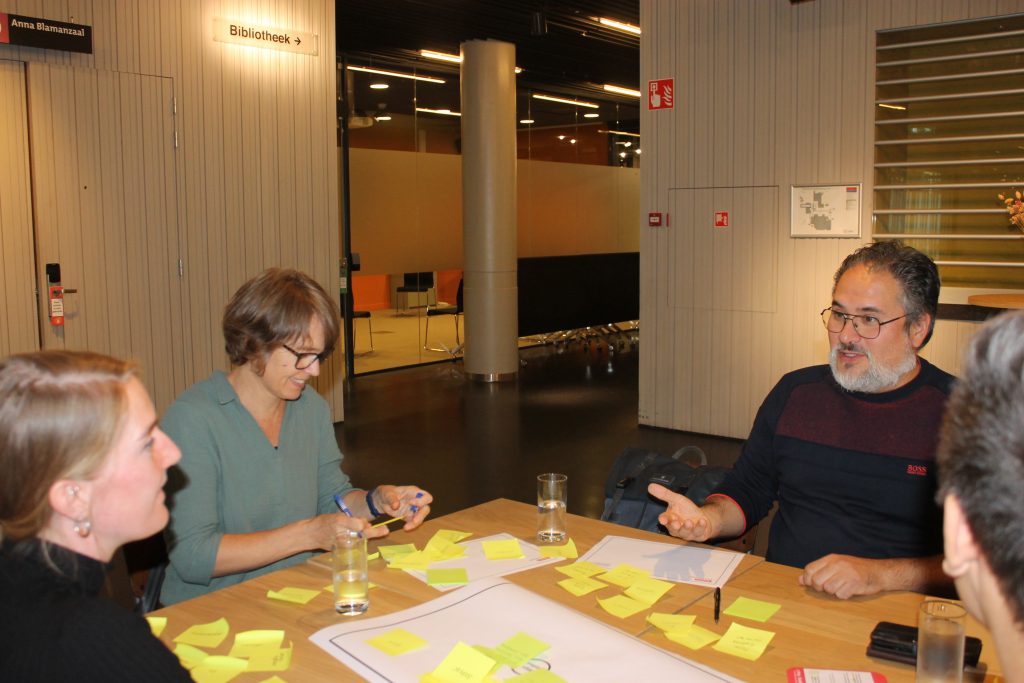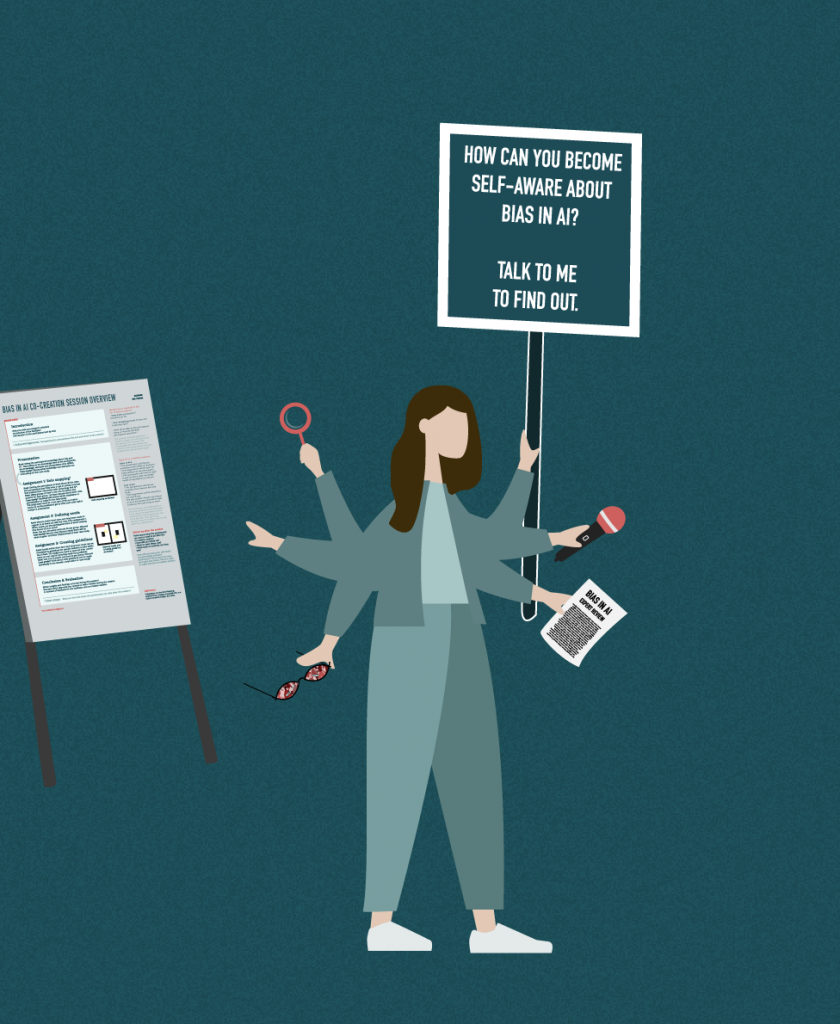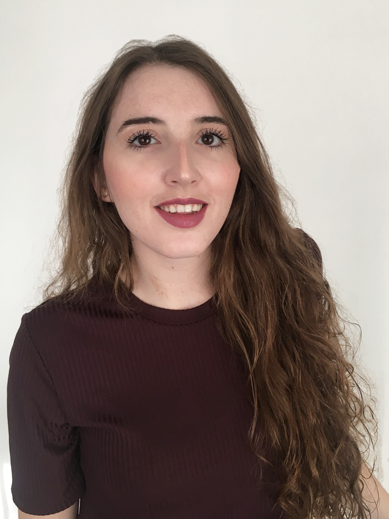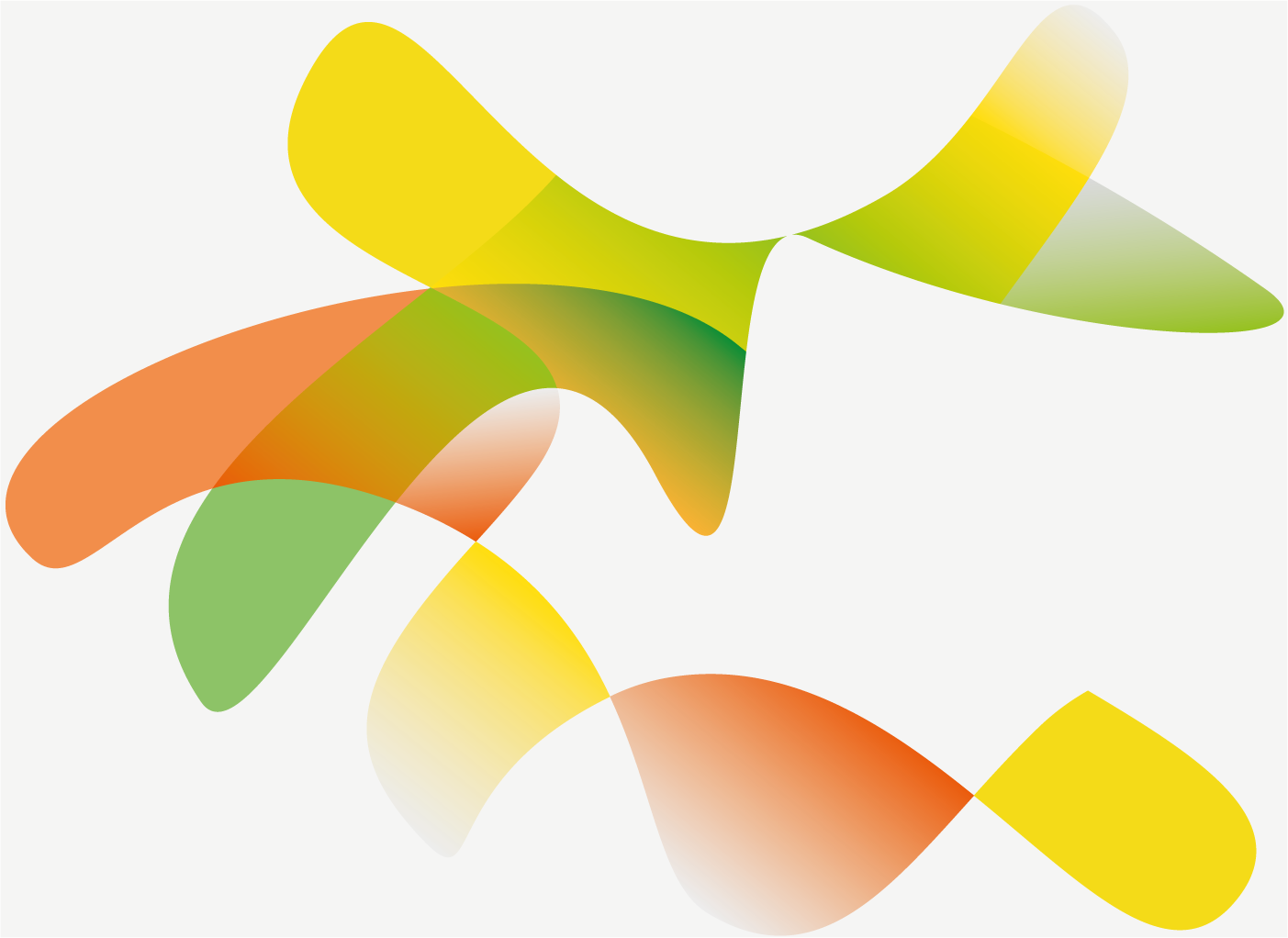The design research
Technological advancements such as AI will drastically change our future in coming years. The opportunity to make changes and improvements for everyone in society is now. For this to happen we need all perspectives on board, including the perspectives of the AI makers.
(AI) Artificial Intelligence is up and coming technological field. The expectations for AI are high. However there are also voices of concern about the unintended yet still discriminatory AI examples that came to light in recent years.
We are starting to realise the makers of AI are unknowingly putting their biases (their prejudice and preferences) in the AI systems.
How can these AI makers be activated to make less biased AI systems?
This is the question that kickstarted Suzanne van Rossen’s research.
Through interacting and doing workshops and co-creation sessions with these (future) AI makers she found the importance of self-awareness. Gaining self-awareness about (their) bias in AI is the first step and a means for AI makers to realise the the harm of bias in these systems.
The self-awareness process can only be done in a safe and open atmosphere. Participants need to feel safe to discuss their own biases which can lead to gaining self-awareness. Facilitating such an atmosphere has been one of Suzanne’s mission during her research since it helped her activate the AI makers to make less biased AI systems.
In the Dutch article ‘Zelfbewustwording als frame voor een technologische toekomst’ Suzanne reports on first research iterations (workshops) where she researched bias awareness among students who are trained to develop AI.

The new practice
The Bias in AI co-creation session is the method made by Suzanne to help AI makers become self-aware of (their) bias in AI.
Suzanne will continue doing more co-creation sessions with AI makers. The guidelines, ideas and tools that are created during these sessions need to become open sourced for anyone to look into and use.
As a teacher for future designers of AI, Suzanne is busy working on implementing her research and the co-creation session in the curriculum. She is also involved in the creation of a Responsible AI minor which focuses on non-technical students so they can gain self-awareness and applying the knowledge of bias in AI in their own domain.
Suzanne realises that the co-creation sessions are the first step to activate the AI makers into making less biased AI systems. Through the sessions and feedback, it became clear that the AI makers are looking for ways to apply the knowledge gained from the sessions into their practice.
In the coming years she will focus on creating workshops, tools or other methods to help AI makers apply their self-awareness and knowledge.

the designer

Suzanne balances between research and design with a focus on new technology and how that technology is implemented in society.
During her research she found two roles she identifies with. The first being a teacher at the Avans University of Applied Sciences with a focus on Responsible AI. Educating future designers (of AI systems) is more of an interaction to her. She learns as much from these interactions as the students do and their thoughts and imagination during workshops helped her in her research.
Outside of the classroom she found the role she wants to have as a researcher and practitioner. Going forward with research the harm of bias in AI as a bias design researcher.
The Responsible AI field is quite new and a lot has to be developed. Suzanne will be on the forefront of these developments, gathering input for her research and her students. Changing the biased AI field bit by bit.




